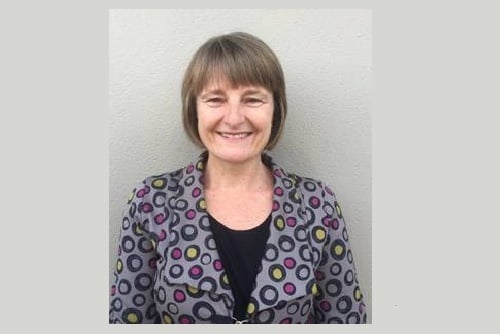What’s the best part of being a broker?
Getting to be part of so many different people’s lives. Being a financial adviser means you really have to get to know your clients and let them know you’ll be there through a lot of changes and challenges. It’s never nice to witness a client going through hard times, but it’s always rewarding when you see the product you helped put in place, support them when they need it most.
What’s the most challenging part of being a broker?
Knowing some people have needs which they can’t afford to cover (insurance for). So many people are on minimum wage and are unable to pay for the cover they desperately need. Realising you can’t help someone is the worst part of the job.
If you could change one thing about the industry, what would it be?
To ensure the same rules apply to all advisers, whether they be authorised financial advisers (AFAs), qualified financial entities (AFEs), algorithms (robo-advice) or registered financial advisers (RFAs) – at the moment it isn’t a level playing field.
Do you feel prepared for the financial law regime changes?
Yes, because of some lucky timing. Last year, I was able to take 12 months off to complete my MBA. I focused my study on the issues highlighted by the Ministry of Business, Innovation and Employment (MBIE) in their 2016 draft report.
I was able to talk to many professionals and regulators in the industry and get a good insight into what the future regulation may look like.
Do you think the FMA has done enough to prepare advisers for these changes?
Yes, we have known for many years that change was on its way. Our awareness has been helped by regular updates by the FMA, MBIE, insurance companies and professional bodies like the IFA.
If you could only sell one product; income or life – what would you sell, and why?
That’s a tough question as both are very important. Income protection will protect the income stream of the insured if they are unable to work due to an illness or accident, however it will not help a family if the insured dies. Likewise, if an insured does not die but is too unwell to work then a life insurance policy will not help.
Do you think there is a diversity issue in the industry?
Yes, the industry is predominantly Pākehā males. It would be great to improve the gender balance and especially for there to be more diversity in race and background. It would make our industry more exciting and inclusive. In saying that, things have improved hugely since I first started in the industry, when there were only a few women in adviser roles.
Insurance is seen as a grudge purchase. How do you change this perception for your clients, how do you educate them on the need for insurance?
I think most people recognise that insurance is necessary and are willing to engage. The issue I find in Christchurch is that all insurance advisers are viewed with suspicion in the aftermath of the earthquakes and the difficulties faced by the industry in responding to such a massive series of events.
I always try to align people’s needs to the available policies. In my experience clients usually don’t begrudge purchasing insurance once they have thought about specific risks that they need cover for.
Do you think advisers will still be relevant in five years?
Yes, especially as our industry becomes more professional. People will always need advice tailored to their own individual circumstances. Everyone’s different and it is when you have a one-size-fits-all approaches that you run into difficulty.
What do you think is the number one threat to the industry?
Insurers are becoming more selective as to whom they are willing to offer cover without restrictive terms and conditions. This means that clients need to take out cover at a very young age. Unfortunately, younger clients have many financial constraints preventing them from getting enough insurance. If these trends continue we risk removing a lot of the value that we provide to clients.
Related stories:


